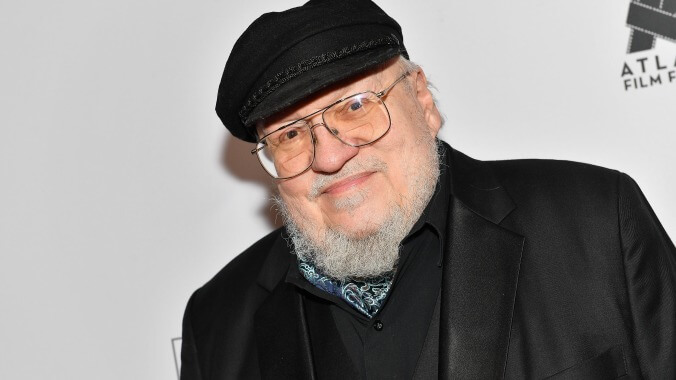George R.R. Martin, Jonathan Franzen, and John Grisham lead lawsuit against OpenAI
The Authors Guild argues that OpenAI is committing “mass-scale copyright infringement”

Proving, once again, that anything and everything will prevent George R.R. Martin from finishing Winds Of Winter, the author has joined his fellow Authors Guild members, including Jonathan Fanzen and John Grisham, to sue OpenAI. The lawsuit, filed by the Authors Guild, accuses OpenAI of copyright infringement and theft on a “mass scale” by training chatbots on works of fiction written by actual humans. The Authors Guild argues that by training these large language models (LLMs) on copywritten material, anyone can generate “texts that they would otherwise pay writers to create,” spitting ouT “derivative works” that compete with creators. Moreover, it does so without permission.
The class action argues that OpenAI infringes on copywritten material that would compete with the writer, and the plaintiffs expect damages “for the lost opportunity to license their works and for the market usurpation” OpenAI has enabled. In addition to Frazen, Grisham, and Martin, which sounds like a folk trio, 14 other authors are named in the suit, including David Baldacci, Mary Bly, Michael Connelly, Sylvia Day, Elin Hilderbrand, Christina Baker Kline, Maya Shanbhag Lang, Victor LaValle, Jodi Picoult, Douglas Preston, Roxana Robinson, George Saunders, Scott Turow, and Rachel Vail.

 Keep scrolling for more great stories.
Keep scrolling for more great stories.